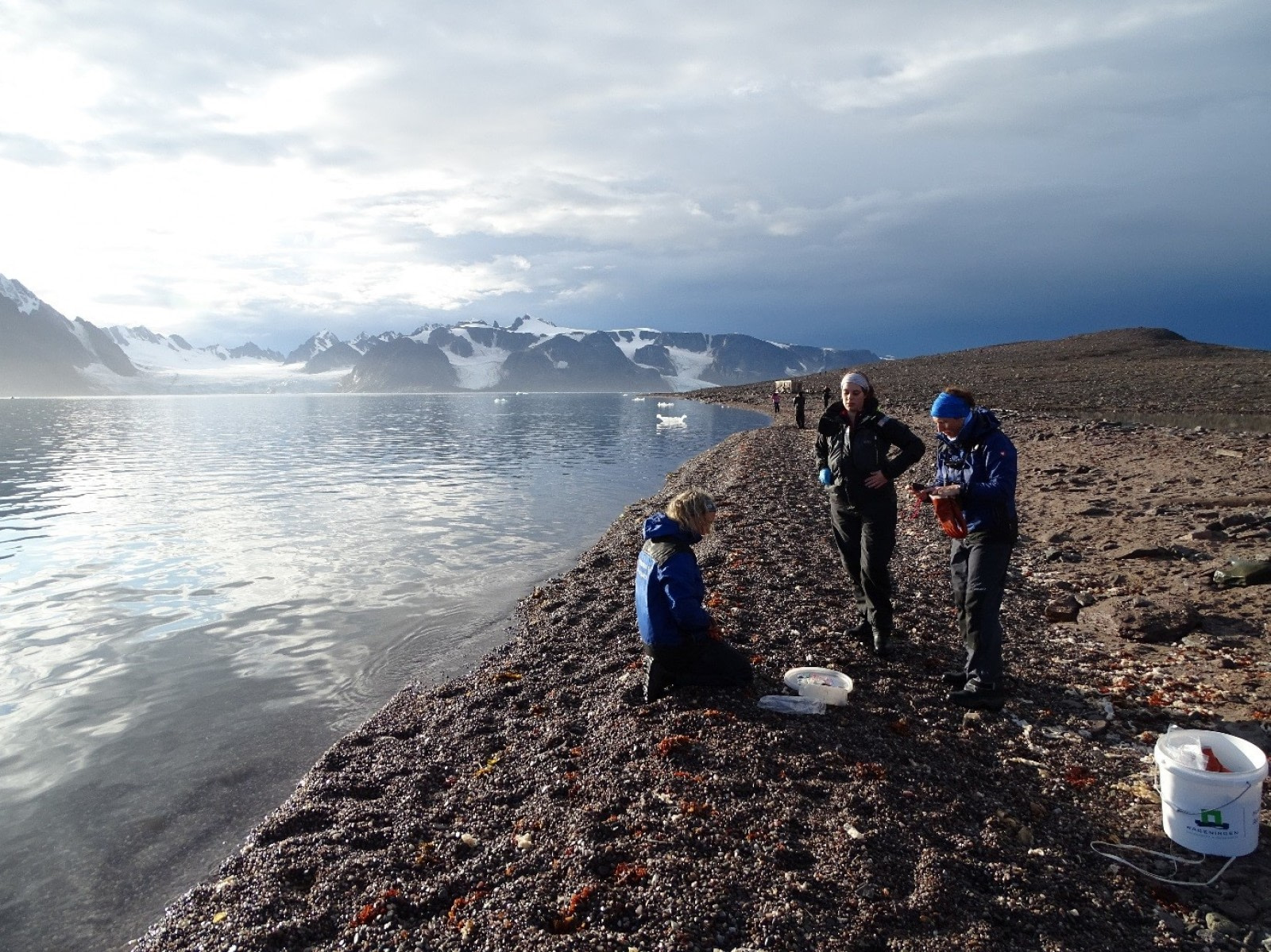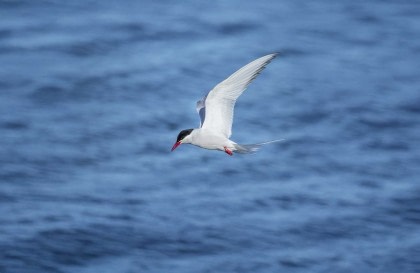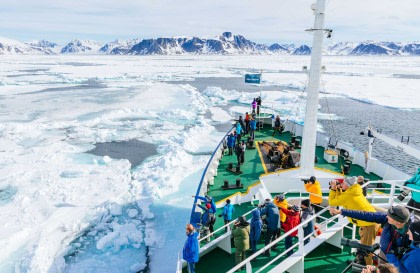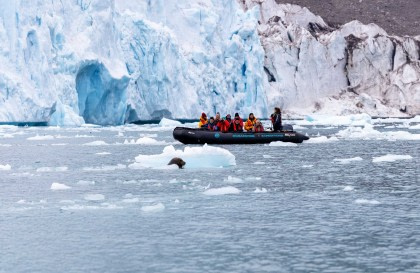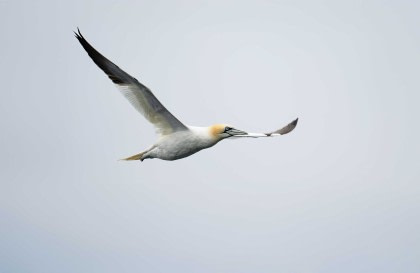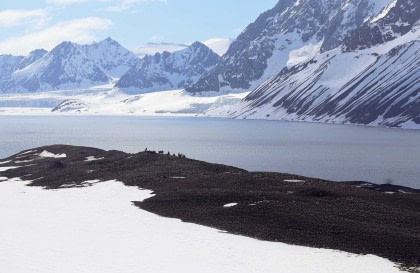At Wageningen Marine Research, we are working with our international partners to monitor ecological changes in the Arctic.
Our research on the arrival of marine non-native species in Svalbard required us to travel around these Arctic islands in 2018, sampling and surveying different beaches.
Though this kind of project is often logistically challenging in such a remote place, traveling with Oceanwide Expeditions made our work much simpler, allowing us to focus on our research while also enjoying the breathtaking surroundings and wildlife.
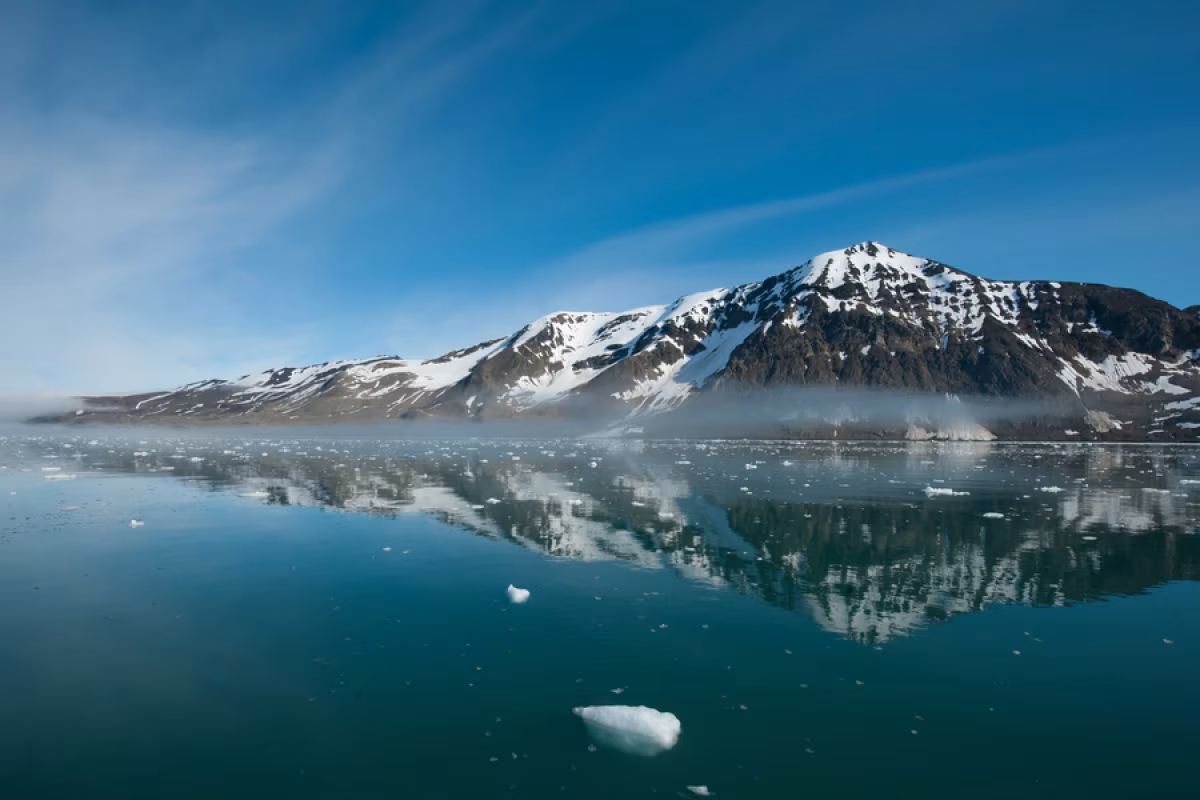
We traveled on Plancius along the northern coast of Svalbard from August to September. On the day we set off, we arrived early at the docks in Longyearbyen. The Oceanwide staff were amazingly helpful right from the start.
They didn’t miss a beat between saying farewell to their previous guests and welcoming us, the dishevelled and partially frozen scientists waiting in the icy wind with crates and buckets of gear. It certainly helped that many Oceanwide guides have backgrounds in biology, as they were all very interested in what we were doing.
What a fascinating group of tourists we got to share this adventure with: From teenagers to the elderly, 22 different nationalities were represented on board, and all were excited to experience the wonder that is Svalbard.
Once all the passengers had boarded, Plancius sailed out of Isfjord accompanied by a pod of frolicking dolphins. We were off!
Video by Anneke van den Brink
We headed towards our first landing in Raudfjord. The water was beautifully calm and the blue whale mother and calf feeding in the area ensured that the rain didn’t dampen the mood on-board. We landed with the Zodiacs on a stony beach with an old wooden hut, a remnant of Svalbard’s hunting past.
We busied ourselves with taking samples while the passengers set off in their walking groups, accompanied by guides.
One group energetically hiked up the hill, another walked with the primary purpose of photographing the area, and another leisurely strolled not far from the shore. That this last group and their guide stayed nearby meant that we could do our work in safety.
Once other passengers noticed that we were there for work, we were approached by various individuals intrigued by what we were doing.
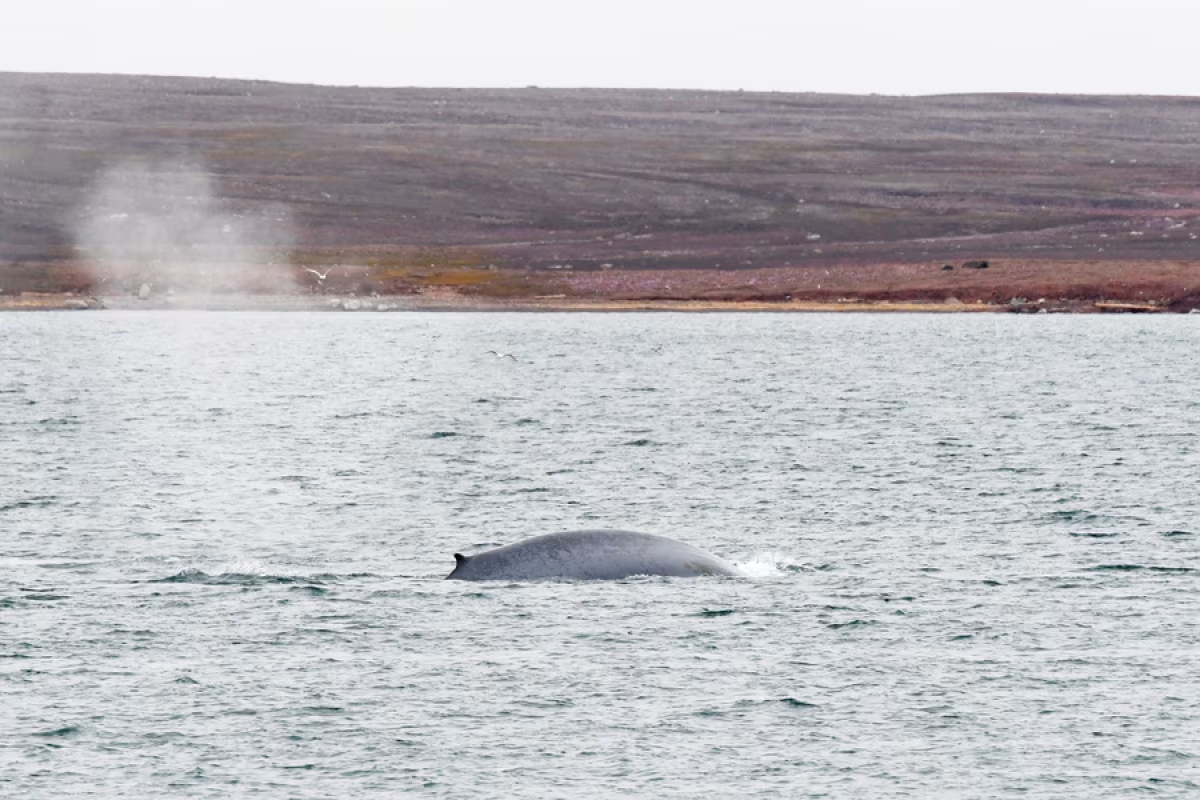
In the evenings, there were often on-board presentations on different aspects of the area. The guides each had their own area of interest, and we got to learn about the history, ice, water and wildlife of the area we were visiting.
We were also invited to give a presentation on our project, informing the passengers as to why we four ladies were digging in the coastal sediment. The passengers seemed very interested and liked helping us identify pieces of plastic debris we had found.
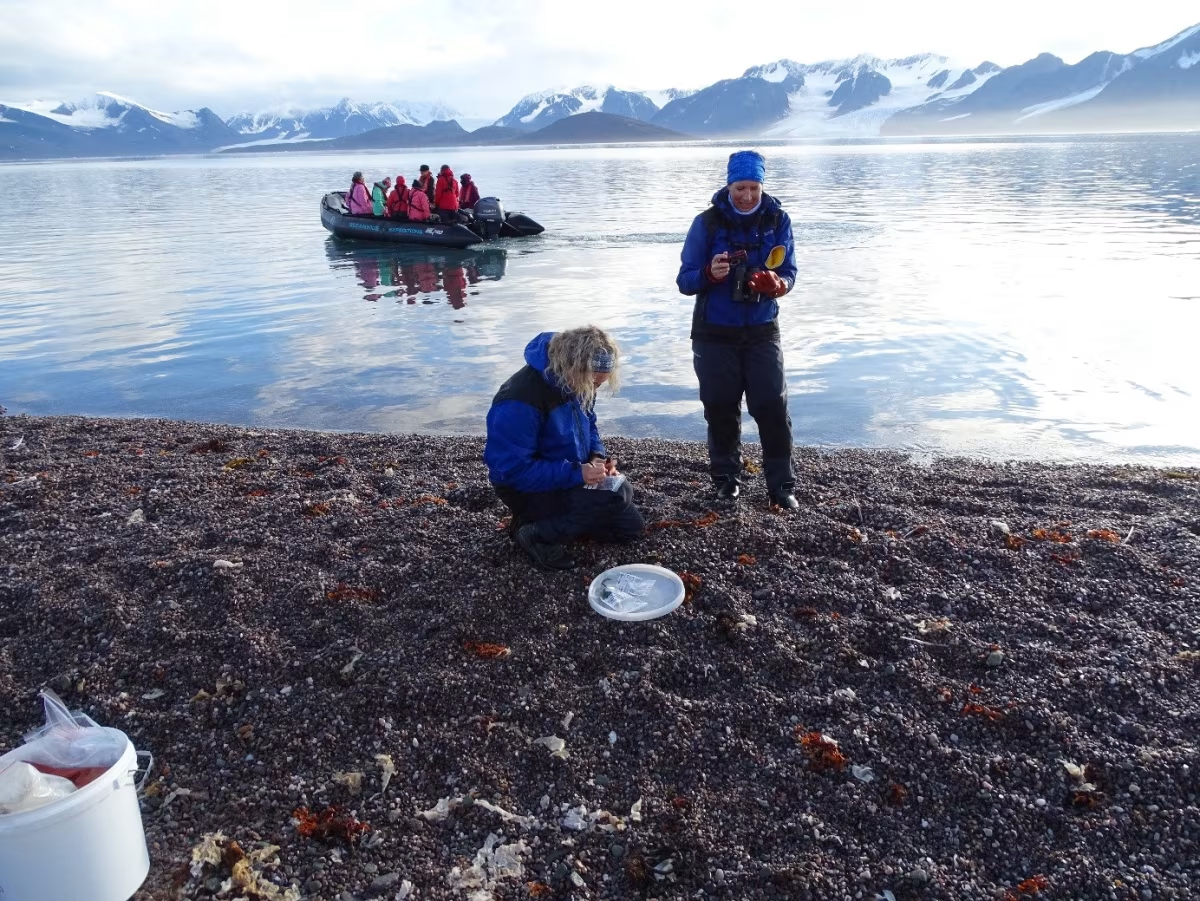
Image by Kimberley Seaward
Because of the places we were able to go on Plancius, we were able to collect and process samples from more beaches than the minimum number we had planned. These samples will give us a good idea what organisms are living in and on the sediment of different beaches around Svalbard.
Travelling with Oceanwide Expeditions meant that we also got to experience stunning Arctic scenery with ease, learn more about the area we were studying, and make contact with both passengers and staff.
Oceanwide is deeply committed to eco-friendly tourism. Facilitating scientific research plays an important role in their approach, and we were very glad for it!
If you want to learn more about this project, please see www.wur.nl.
